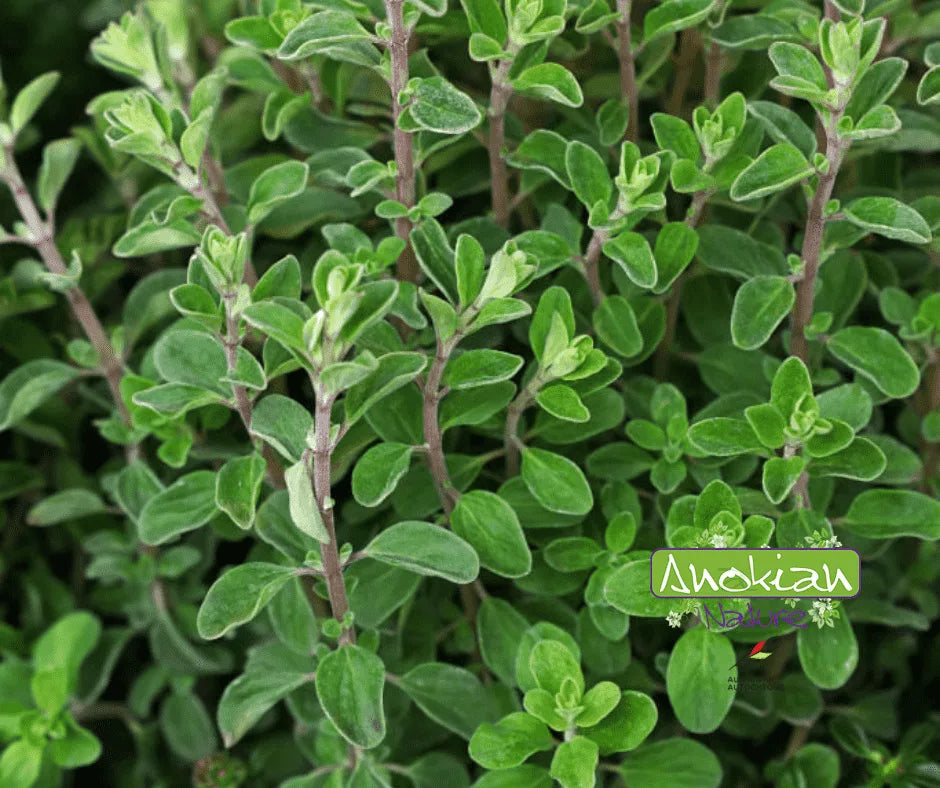Skip to product information










Seed | Garden Marjoram
$3.99 CAD
Quantity
Garden Marjoram seeds are carefully cultivated to ensure optimal germination. This aromatic Mediterranean herb offers a distinctive fragrance and exceptional culinary properties. Ideal for gardens in the ground or in containers.